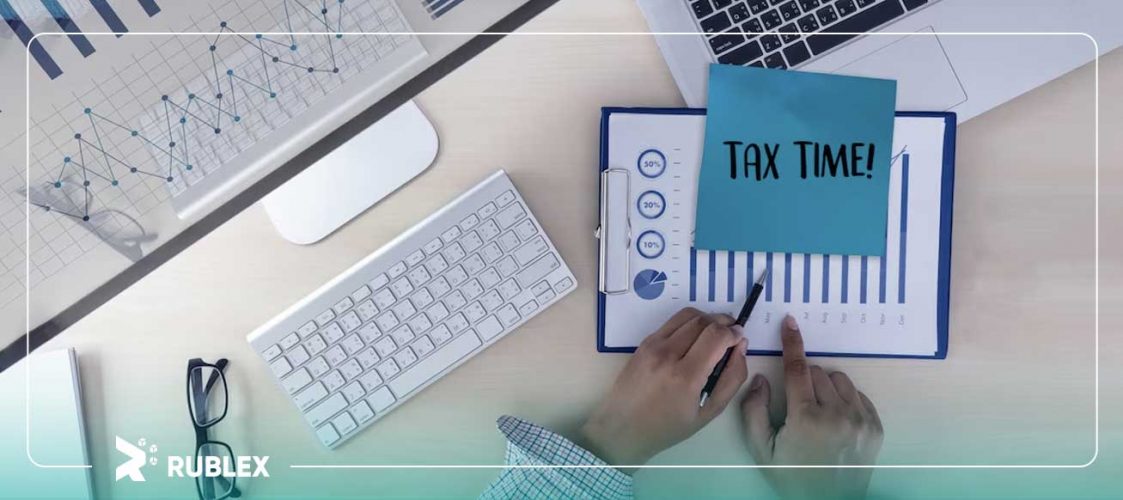Community members may want to read up on the intricacies of tax law before they respond, but they have two months to do so.
United States Senate Financial Services Committee Chair Ron Wyden and ranking member Mike Crapo released an open letter to the digital asset community on July 11 asking for input on the taxation of digital assets. The senators are looking for solutions to highly complex taxation issues, so much so that they offered background reading from the Joint Committee on Taxation to prepare respondents.
The Internal Revenue Code of 1986 provides “no straightforward classification for digital assets,” the senators said. They asked a large number of questions grouped into nine subject areas, explaining:
“In recent months, the Committee on Finance initiated a bipartisan effort to identify key questions that lie at the intersection of digital assets and tax law.”
The letter covered issues relating to fair value (mark-to-market) accounting, the trading safe harbor to encourage foreign investment, digital asset loans, wash sales, constructive sales (which are closely related to short-selling), income from staking and mining, “nonfunctional currency,” reporting by foreign firms, and valuation and substantiation on an exchange. The questions make frequent reference to specific sections of the tax code.
Related: US lawmakers blame crypto firms for ‘tax gap’ in letter to Treasury
Much of the Internal Revenue Service’s (IRS’) effort in regard to crypto so far has gone to countering criminal activities. It boasted earlier this year of seizing $10 billion in crypto all told in its law enforcement efforts.
You can bet that @Consensys will be offering our thoughts on the taxation of crypto assets. We are grateful to @RonWyden and @MikeCrapo for engaging with the community.https://t.co/cAGcWd29tf— Bill Hughes : wchughes.eth (@BillHughesDC) July 11, 2023
The IRS is becoming more proactive in regard to income taxation as well. It claimed in a recent case, for example, that it issued a summons to crypto exchange Kraken in 2021 for user information on all transactions over $20,000. Kraken was ordered to provide that information by the District Court for the Northern District of California on June 30.
The Senate committee will be accepting responses to the letter through Sept. 8.





